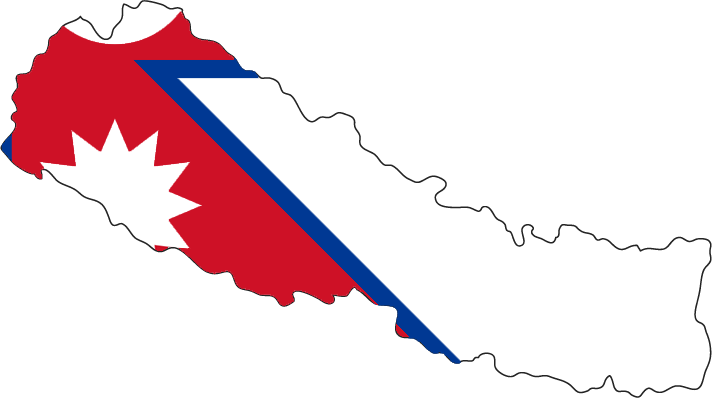Nepal Gen-Z Martyr Status News
By Asmita - Sep 15, 2025
Nepal's Sushila government decides to honor Gen-Z protesters who lost their lives during demonstrations as martyrs, providing support to their families. The move aims to acknowledge the activism of youth demanding social and political reforms, impacting the political landscape and fostering unity in society. A National Day of Mourning on September 17 will be observed to remember the sacrifices and unite the nation.

Nepal Flag via Wikimedia commons
,[object Object],’s ,[object Object], has recently taken a major decision that has sparked widespread debate across the country. The government announced that ,[object Object], who lost their lives during demonstrations will be honored with the status of martyrs. This decision has been taken in view of the growing activism of the country’s youth and their contributions. In recent times, young people have staged large-scale protests demanding social and political reforms. During these demonstrations, several clashes broke out between protesters and the police, leading to the loss of young lives. The step taken by the ,Sushila government, is being seen as an attempt to honor the sacrifices of these youths, which may significantly impact the political landscape in the coming days.
The government’s decision means that all those young protesters who lost their lives during the movements will now officially be recognized as national martyrs. As a result, their families will receive government-backed support and financial assistance. In addition, memorial sites and special events will be organized in the memory of these recognized martyrs. In Nepali society, youth have always been regarded as symbols of the future, but the recent anti-government movements have proven that they are not just the future but also a force influencing the present. The decision by the ,Sushila government, is seen as an indication of its willingness to work alongside the younger generation and acknowledge its responsibility toward them.
The government has also declared that a ,[object Object], will be observed on September 17. On this day, government offices across the country will remain closed and the national flag will be flown at half-mast. Special prayer gatherings will be organized in educational institutions and other important venues. At the state and local level, ceremonies will be held to honor the families who lost their children during the protests. According to the government, this step is not only about remembering the sacrifices of the martyrs, but also about uniting society. Granting national recognition to the sacrifices of young people is expected to remind future generations of the importance of democratic rights.
Different political parties and social organizations have expressed varied reactions to this decision. On one hand, it is being hailed as a historic step in recognizing the sacrifices of the youth, while on the other hand, critics see it as a politically motivated move. They argue that the government is trying to gain the support of young people and improve its public image with this decision. However, the public response has largely been positive. Many believe that irrespective of political motives, those who lost their lives in the protests deserve national recognition. The issue, which has captured headlines across ,Nepal,, is likely to have a significant impact on the country’s political atmosphere in the future.


